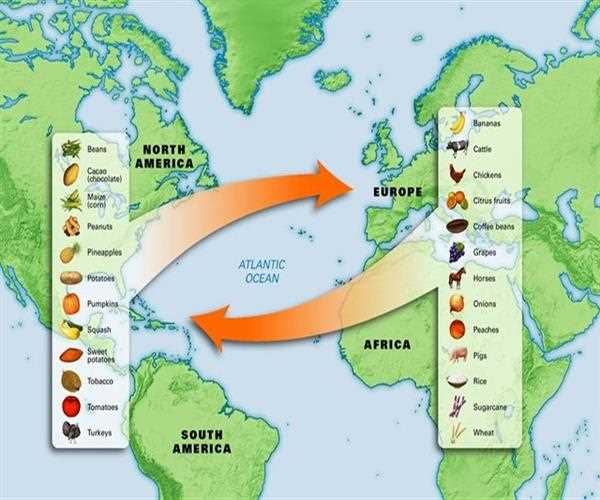The Age of Exploration was a period in history from the 15th to the 17th centuries when European explorers began to travel the world in search of new lands, resources, and trade routes. This period was marked by a number of key events, including:
- The voyages of Christopher Columbus: In 1492, Christopher Columbus set sail from Spain in search of a new route to Asia. Instead, he landed in the Americas, which he mistakenly believed to be Asia. This discovery opened up the Americas to European exploration and colonization.
- The rounding of the Cape of Good Hope: In 1488, Portuguese explorer Bartolomeu Dias rounded the Cape of Good Hope, which gave Europeans a direct route to India. This was a major breakthrough in navigation, and it opened up new trade routes between Europe and Asia.

- The circumnavigation of the globe: In 1519-1522, Ferdinand Magellan led the first expedition to circumnavigate the globe. This was a remarkable achievement, and it proved that the world was indeed round.
- The exploration of the Americas: In the wake of Columbus's discovery, European explorers began to explore the Americas in earnest. They soon encountered a vast continent with new peoples, cultures, and resources. This led to the colonization of the Americas by European powers, which had a profound impact on the course of history.
The Age of Exploration was a time of great change and discovery. It led to the expansion of European power and influence, and it had a profound impact on the cultures and peoples of the world.
In addition to these key events, there were a number of other factors that contributed to the Age of Exploration. These included:
- The rise of nationalism: In the 15th century, European nations began to compete with each other for power and influence. This led to a number of wars, which in turn led to the development of new technologies and strategies for warfare. These technologies and strategies were then used by explorers to travel to new lands and conquer new peoples.
- The development of new navigational technologies: In the 15th century, there were a number of advances in navigational technologies. These included the development of the compass, the astrolabe, and the caravel. These technologies made it possible for explorers to travel longer distances and navigate more accurately.
- The desire for new resources: In the 15th century, European nations were beginning to run out of resources. This led to a desire for new sources of gold, silver, spices, and other commodities. This desire for new resources was a major factor in the motivation for exploration.
The Age of Exploration was a time of great change and discovery. It had a profound impact on the course of history, and it continues to be studied and debated by historians today.